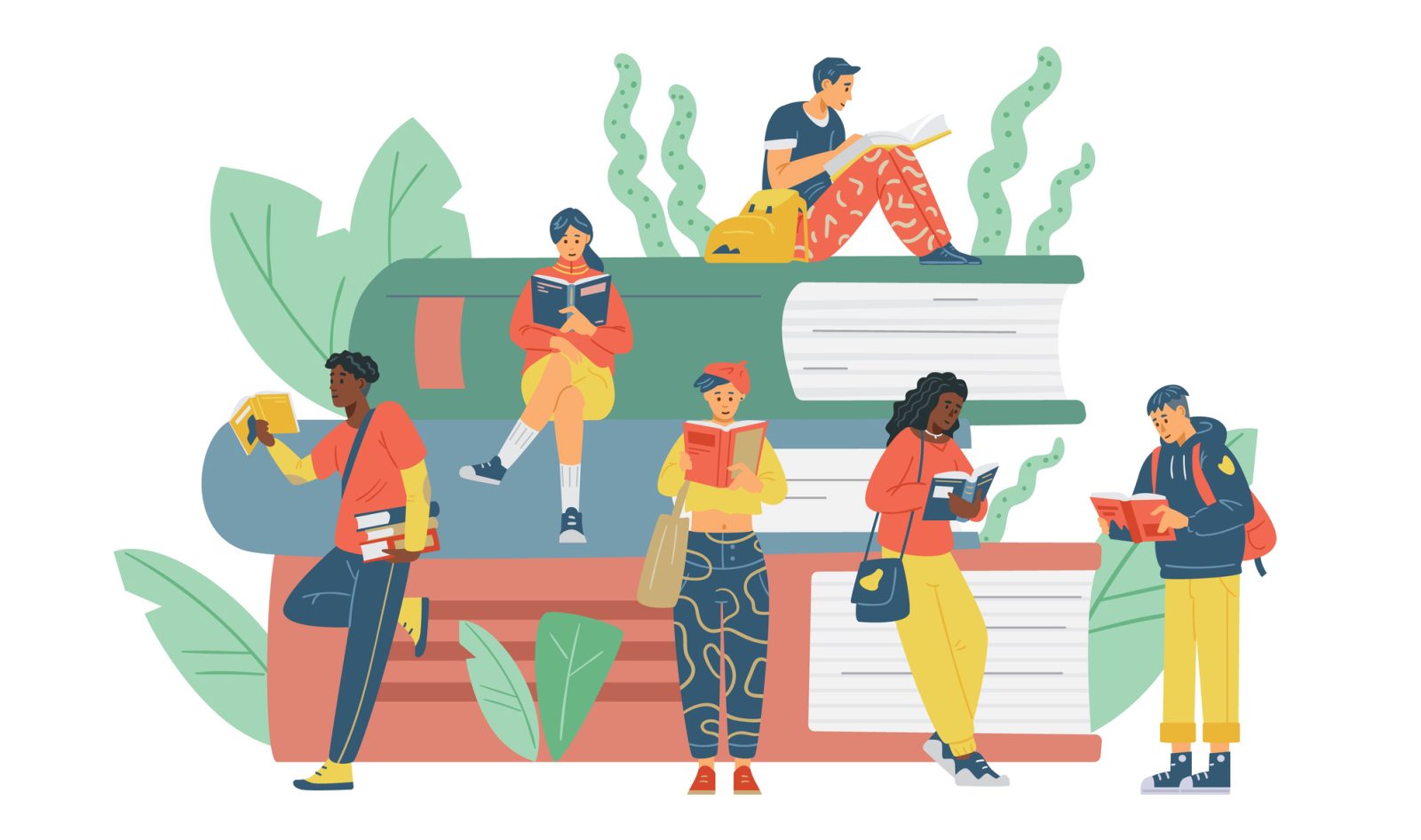World Book and Copyright Day is celebrated each year on April 23. This year, UNESCO is leading observations of World Copyright Day with the theme, ‘Indigenous Languages.’ As the agency points out, “Of the almost 7,000 existing languages – many of which are fast disappearing – the majority are spoken by Indigenous peoples who represent the greater part of the world’s cultural diversity.”
Languages, and the literature expressed through them, are rightly thought of as cultural artifacts worth preserving. How much poorer would our knowledge of the history of English be, if the single surviving copy of Beowulf had never made it to us from the depth of the early Middle Ages? Or what if the Bronze-age Epic of Gilgamesh were no longer known to the world, except by hints and later references?
Although in the US we tend to think of copyright as protecting the work of individual authors and their individual works, the protections of copyright are also recognized as extending to the works of communities, including Indigenous communities. Such works may have no identified individual creators, coming out of a cultural and collective setting. Such works also need to be protected against misappropriation, and copyright is a key legal means of meeting that need. Hugh Stephens, a Canadian copyright blogger, wrote about this topic a few years ago: Can Copyright Law Protect Indigenous Culture? If Not, What is the Answer?
As with endangered species, there are endangered and known-extinct languages. What experience indicates is that texts and the languages they are expressed in, that are not frequently copied tend to become lost, and stand at risk of extinction. In our time of digitized everything, while it is not inevitable that such artefacts be lost, it takes attention, and the time & effort —and financial resources —of the world community to prevent this from happening.
I’m glad UNESCO is focusing on this need, and this opportunity, to highlight the prudence of preserving the heritage of the world’s languages. As the old expression goes, extinct is forever.


